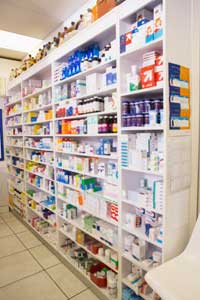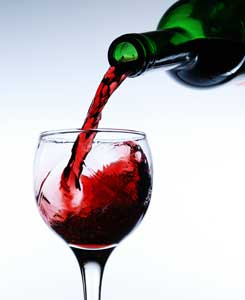 Everywhere you turn, you hear a new “truth.” Whether you are searching for answers about beauty, diet, or nutrition doesn’t matter — regardless, it is almost impossible to navigate the vast number of health “experts” and their personal opinions. Why is this? Perhaps it is because the definition of “truth” has morphed from that of hard, scientific fact to personal viewpoint: What was once only fact by science is now, in fact, truth by personal science.
Everywhere you turn, you hear a new “truth.” Whether you are searching for answers about beauty, diet, or nutrition doesn’t matter — regardless, it is almost impossible to navigate the vast number of health “experts” and their personal opinions. Why is this? Perhaps it is because the definition of “truth” has morphed from that of hard, scientific fact to personal viewpoint: What was once only fact by science is now, in fact, truth by personal science.
However, this poses a problem in the world of supplements. Whereas many consumer products claim to work or have proven results, they do not have the scientific facts to back up these claims. Although personal truths are not necessarily bad, it really depends on what you are trying to achieve. If you are searching for hard, visible results, science and/or data-driven research is the only way to find what you need.
Dr. Yagoda’s patented and PROVEN nutritional beauty supplement, BeautyScoop, is one such product backed by scientific truth. Its results were not founded by scouring the shelves of other supplements to see what people wanted (or thought they needed) but are based on results provided by double-blind and placebo-controlled trials. This assures users that what they are taking does work — no matter which way you look at it.
When searching the shelves of supplements, skip over ones that have been molded to fit the current, socially-constructed truths that pass in and out of fashion. Long-term consumer results are born out of long-term testing and experimental results!






























 In European countries like France, red wine consumption is much higher than in many other parts of the world. The phenomenon known as the ‘French Paradox’ has astounded the medical world, because despite having
In European countries like France, red wine consumption is much higher than in many other parts of the world. The phenomenon known as the ‘French Paradox’ has astounded the medical world, because despite having